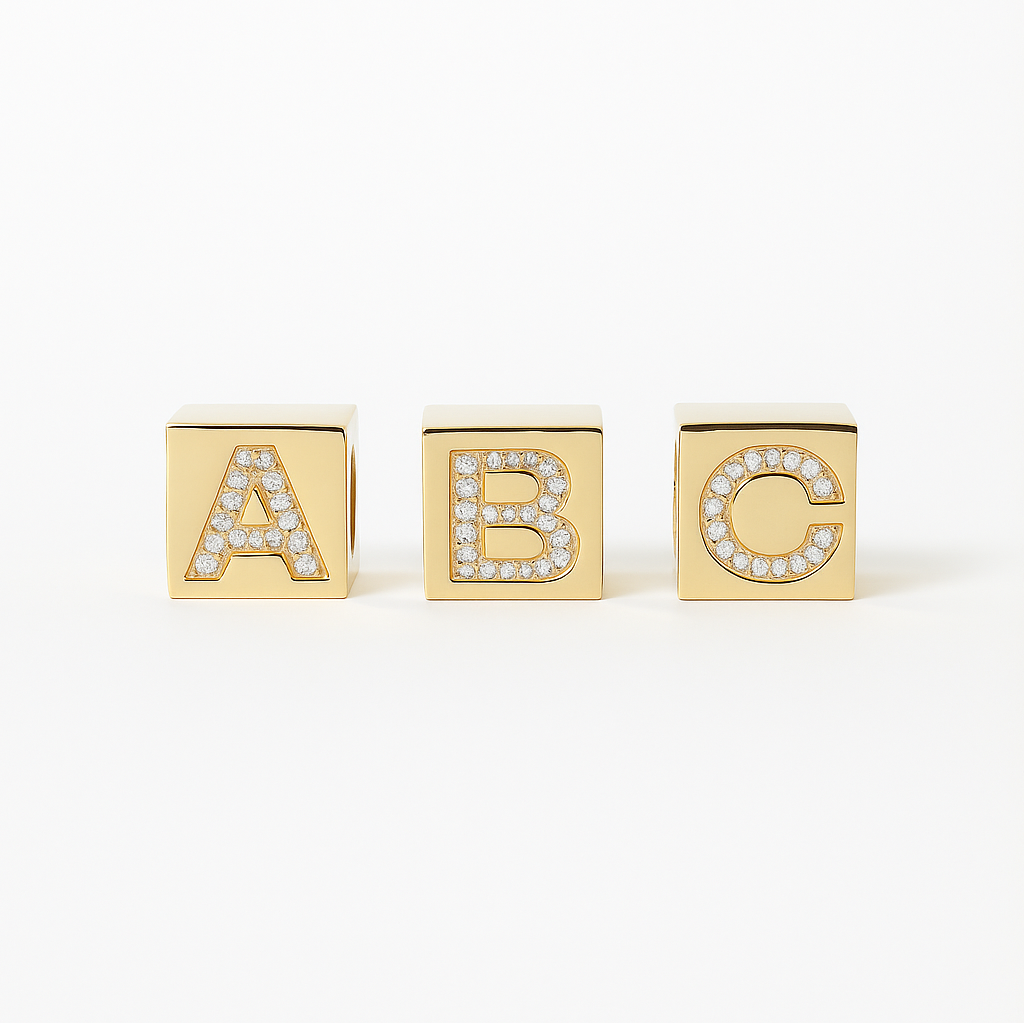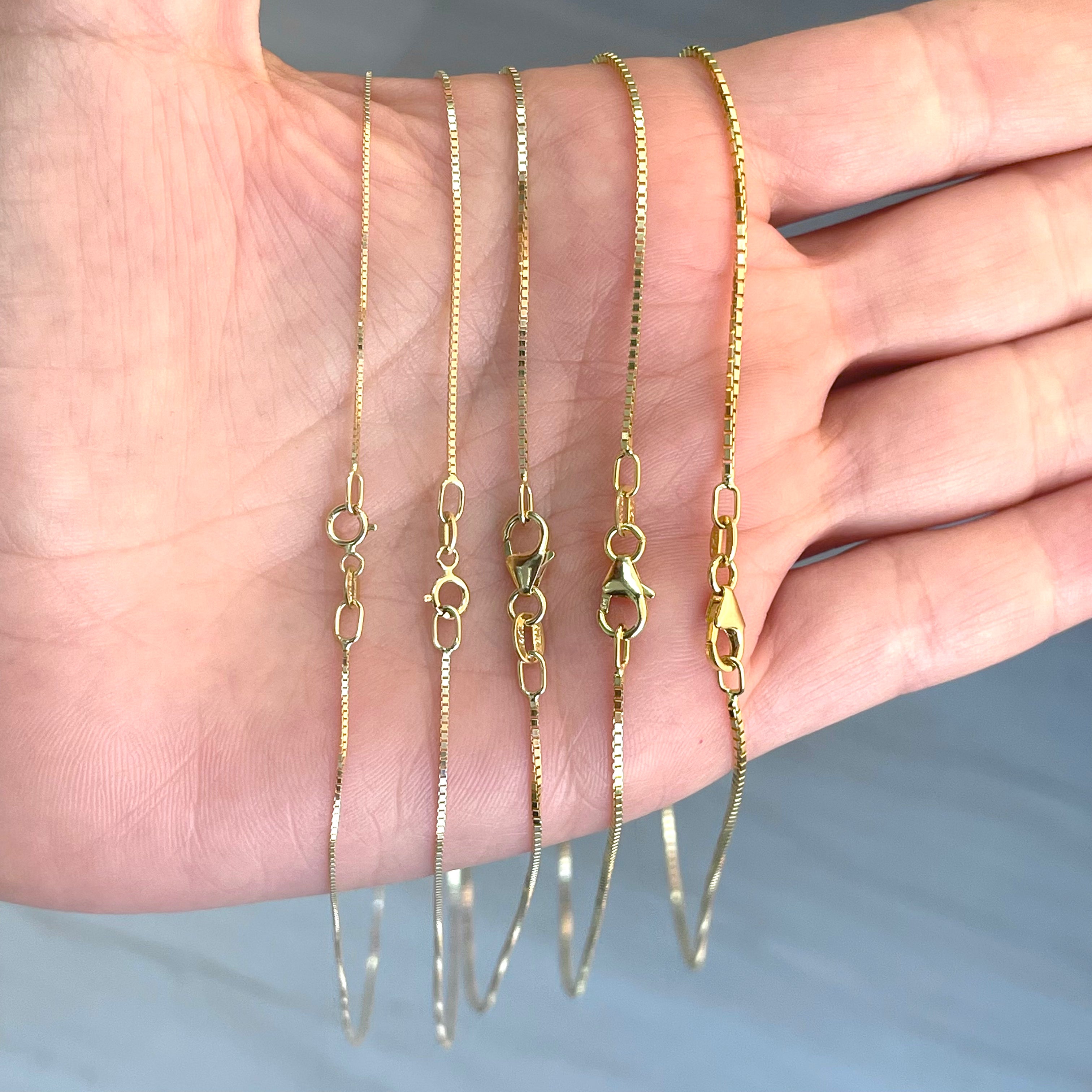In today’s world of fluctuating markets and changing trade policies, we’re all hearing a lot about tariffs—taxes imposed on imports and exports. Whether it’s news about new tariffs affecting industries or governments negotiating trade deals, these economic shifts can create uncertainty for investors and consumers alike. But while tariffs may seem like just another piece of complex economic news, they may actually serve as a subtle reminder of the importance of securing long-term wealth. One way to do that? By turning to gold.
The Impact of Tariffs on Global Markets
Tariffs often make their way into the news cycle because they can have significant ripple effects across global economies. When tariffs are imposed, they raise the costs of goods, disrupt supply chains, and create a level of unpredictability that can be unsettling. For businesses, it can lead to higher production costs, which could be passed on to consumers in the form of higher prices.
What does all of this mean for you? Well, this uncertainty has a direct impact on the value of currencies, stock markets, and even the price of everyday items. And in times of market volatility, many investors turn to gold as a hedge against this kind of risk. Historically, gold has been viewed as a store of value during times of economic instability, and when tariffs begin to cause market tremors, people often look to gold to preserve their purchasing power.
Why Gold Chains?
You may wonder why gold chains are an especially wise choice right now. Beyond the financial benefits of owning gold as a tangible asset, jewelry—particularly gold jewelry—also holds a timeless appeal. Gold chains are not only stylish, but they can serve as a personal investment. As markets fluctuate, the value of the gold in your chain could rise, making it a practical piece of luxury.
Gold is a commodity that has consistently maintained its value for thousands of years, surviving through wars, economic crashes, and inflationary periods. With rising tariffs potentially making traditional investments riskier, gold provides a comforting sense of stability. It’s a tangible, portable asset that you can hold onto, wear, or even pass down.
Why Now?
While tariffs may cause fluctuations in the short term, they are a reminder that the global market is always changing. Owning gold can be a smart way to diversify and protect your wealth during uncertain times. Whether you're looking to purchase a gold chain as a personal asset or simply as a statement piece, gold’s inherent value makes it a versatile choice.
At a time when the cost of goods is on the rise due to tariffs, you might consider shifting some of your resources into something that has historically weathered economic storms. Gold is one of those assets that continues to shine in the face of uncertainty.
If you’ve been considering adding a gold chain to your collection, now is a great time to start. Not only will it elevate your personal style, but it could also be an investment that pays dividends in the long run—regardless of what the markets do.
The Takeaway
The world is always changing, and as tariffs affect industries and influence the global market, it’s important to think ahead and protect your wealth. Gold chains offer both personal and financial benefits, giving you a chance to secure something valuable in times of economic turbulence. And with gold’s long-standing history of preserving value, you can feel confident in your decision, whether for investment or personal enjoyment.
If you’re interested in exploring the beauty and lasting value of gold, we have a collection of stunning gold chains available that offer both timeless elegance and the potential for long-term wealth preservation.
As always, it’s wise to diversify and keep an eye on market shifts, but when it comes to securing your wealth for the future, gold is always a smart choice.





![Saints Gold Styling Guide: The Ultimate Miami Cuban Edit [Video]](http://saintsgold.com/cdn/shop/articles/Screenshot_2025-09-06_at_16.48.51.png?v=1757969048&width=2882)
